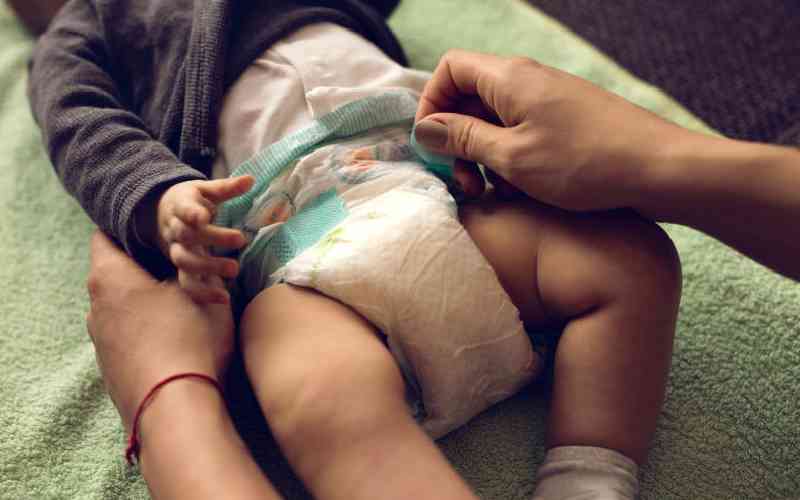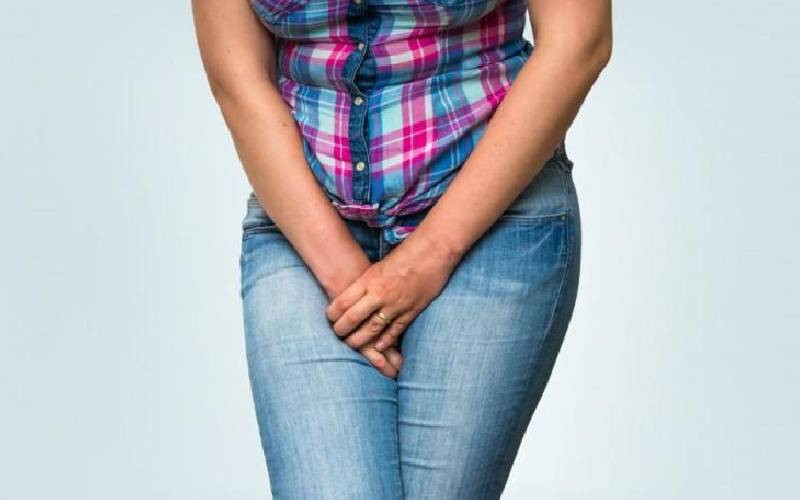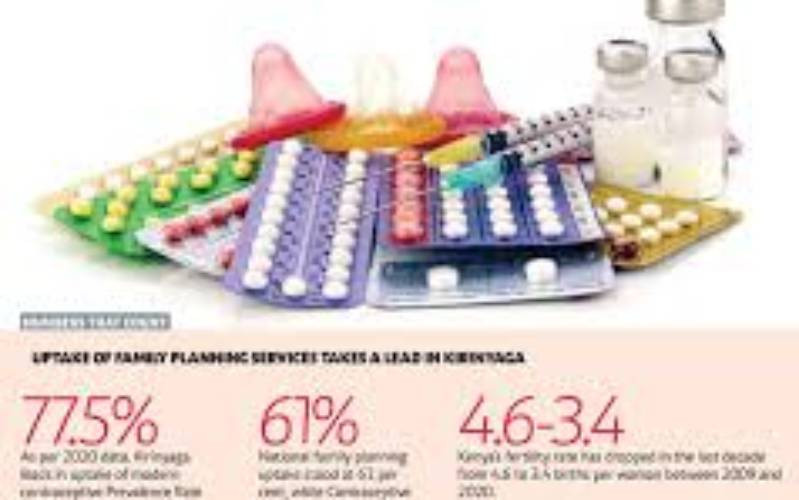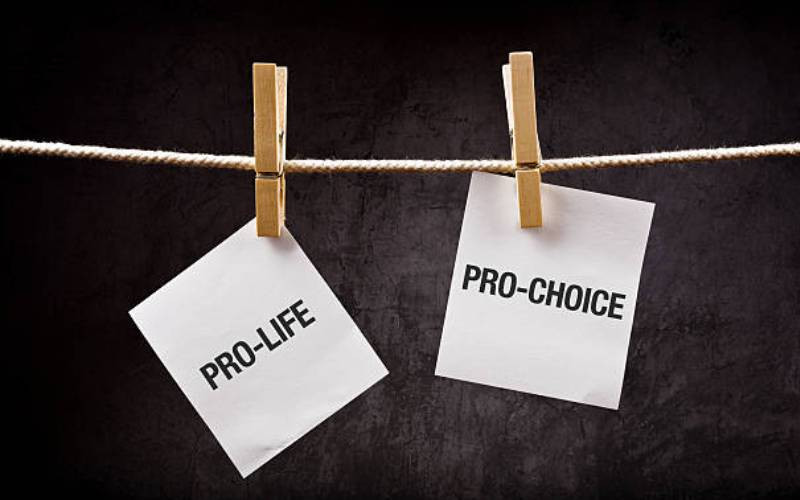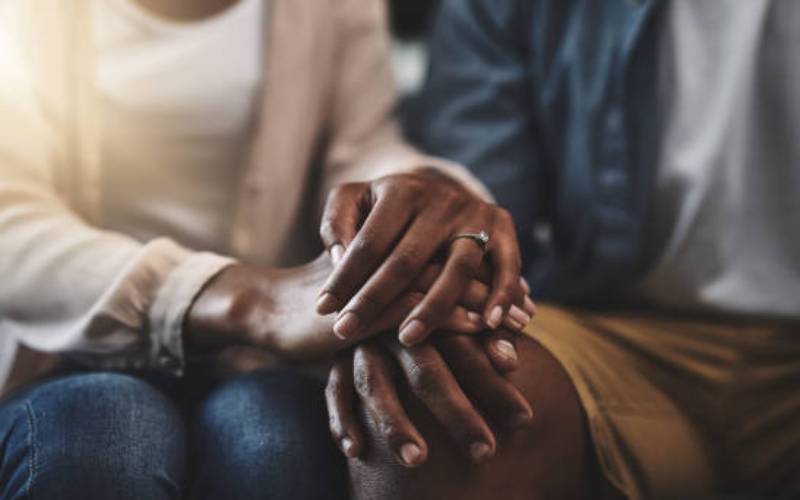
Men die earlier than women for many reasons including taking liberties and drunk driving causing fatal road accidents. When not driving, men form the bulk of gender most knocked by vehicles while crossing the road. Men also die earlier from fights, being shot by thugs and cops.
That is not all. They are also more sexually careless and die at the hands of other men from adulterous adventures. Most also die by suicide via shooting themselves when not obeying graving from buildings or throwing themselves at moving vehicles. Women, though they too attempt suicide, are likely to take less final means by slashing wrists or taking poison from which most recover at the hospital.
And while women are wired to seek help from experts including for their health, men suffer from late diagnosis after skirting regular medical checkups.
Take Kennedy Anjejo, 38, was once an aggressive father of two, but whose life took a different turn after he was diagnosed with kidney failure at the Metropolitan Hospital in Nairobi in 2019. He had three incidents of collapsing and eye pressure and since then his health has been deteriorating.
He is among individuals ailing from diseases likely to occur and kill a man by his 40th birthday-the age when most are settling down or scaling up the career ladder.
Medical examination revealed that Anjejo had chronic kidney disease which was diagnosed at stage 4. He was put under dialysis in May last year after medication failed to improve his condition.
“I at times look back, paint a bright future that I worked towards, then just like that, everything was turned back by a click of a moment,” he said adding that even though his condition is being managed well, he regrets the diagnosis came at the prime of his life when he had just enrolled for a Master’s in Development Studies at the University of Nairobi to brighten his career prospects.
But the kidney failure forced him to relocate to Kisumu as he needed someone to closely monitor him considering that “routine work is hectic at the moment and I realized I need to give more attention to my health.”
Dialysis has exposed him to anaemia, forcing him to use blood boosters and “I am spending about Sh50,000 on blood boosters to manage my health. I wish this problem was discovered earlier, before escalating to such a critical state that requires heavy financial muscles to manage,” regretted Anjejo.
While women are keen on regular medical checkups men are different and their illnesses are detected in their later stages. Why is this usually the case?
John Rizarazu, a boda boda rider in Machakos town argues that men are unlikely to go for checkups owing to their macho nature and for African men appearing stronger is more pronounced and frequent hospital visits are deemed a sign of weakness.
Dominic Mutiso, a resident of Machakos also thinks being breadwinners piles up responsibilities that shut off feelings and even when sick most prefer self-medicating just to continue working.
“The hard economic times cannot allow a normal man to get sick,” says Mutiso. “Who will feed your family if you go to the hospital?” he pauses.
On why most are not afraid of dying from the illness, Mutiso explains men reason that death comes whether one is unwell or otherwise and most “would rather die working than lying around on a hospital bed.”
Jackie Gathu, a psychologist, explains that shunning regular medical checkups is from the way most men were brought up from the language of telling boys “you need to be strong, you need to toughen it out, don’t show your weakness, don’t be vulnerable” and when such boys become men, they internalize the message and refrain from showing any form of weakness when they get unwell.
Most men also hardly open up from being told “do not speak about your weakness, or feelings, you’re being whiny, you’re being girly,” says Gathu adding that men need empowerment to find it okay to seek medical help and to take care of their bodies.
Dr Jemimah Kamano, an endocrinologist and chronic disease specialist at Moi University Medical School, explains that diseases often do not choose gender and most affect either. But certain diseases like cancer of the oesophagus, testicular cancer or of the prostate, heart disease, mental diseases such as depression or suicide, lifestyle diseases such as strokes, diabetes and liver diseases such as liver cirrhosis, may cause death earlier in men than in women.
“The only safe way is if these diseases are picked early if men go for regular medical check-ups, and the reason they kill is that they are usually picked late,” she explained.
Other diseases, Dr Kamano said, are related to smoking and alcohol, and may affect the pancreas and liver.
“When the liver or pancreas is affected, then they get inflamed, and after healing, scar tissue forms leaving the organ as hard as a stone, and may end up with liver failure or difficulties in digesting food, malnutrition because one cannot absorb nutrients.
She advises men to moderate drinking and smoking, saying some of these diseases may kill them earlier than women.
Dr Dan Gikonyo a cardiologist urged men to take regular medical check-ups at the ages of 40-45 years when lifestyle diseases start taking their toll.
Men are more likely to ignore advice by doctors than their female counterparts says Dr Gikonyo, explaining that “men are different from women by their make-up, men are very macho, they ignore pain to show their masculinity, which is self-destructive.”
Dr Gikonyo also advises men to take masculinity less seriously when it comes to health as most diseases are preventable and curable and men need to change their lifestyle and mindsets to know they are frail and need to take care of their health to live longer.
 The Standard Group Plc is a multi-media organization with investments in media platforms spanning newspaper print
operations, television, radio broadcasting, digital and online services. The Standard Group is recognized as a
leading multi-media house in Kenya with a key influence in matters of national and international interest.
The Standard Group Plc is a multi-media organization with investments in media platforms spanning newspaper print
operations, television, radio broadcasting, digital and online services. The Standard Group is recognized as a
leading multi-media house in Kenya with a key influence in matters of national and international interest.

